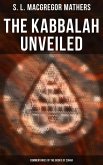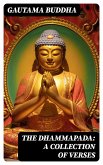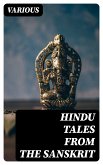In "The Bible Unveiled," M. M. Mangasarian offers a critical examination of biblical texts, employing a rationalist perspective that challenges traditional interpretations. This thought-provoking work critiques the foundations of religious belief by dissecting the historical and social contexts that shaped the scriptures. Mangasarian's incisive prose and rigorous analysis position the work within the broader discourse of religious skepticism prevalent in the early 20th century, echoing the sentiments of contemporaneous thinkers questioning dogma and advocating for a more empirical understanding of spirituality. M. M. Mangasarian was an Armenian-American rationalist and a vocal proponent of free thought. His diverse background and personal experiences within a religious framework informed his philosophical journey, leading him to explore the intersection of faith, reason, and morality. The tensions between his upbringing and the burgeoning secular ideologies of his time enabled Mangasarian to craft an argument that resonates with those seeking to reconcile belief with rational inquiry. "The Bible Unveiled" is essential reading for anyone intrigued by religious critique or the search for truth beyond dogma. Mangasarian's eloquent and fearless exploration encourages readers to engage thoughtfully with sacred texts while navigating the complexities of faith in an increasingly rational world.
Dieser Download kann aus rechtlichen Gründen nur mit Rechnungsadresse in A, B, BG, CY, CZ, D, DK, EW, FIN, F, GR, H, IRL, I, LT, L, LR, M, NL, PL, P, R, S, SLO, SK ausgeliefert werden.









